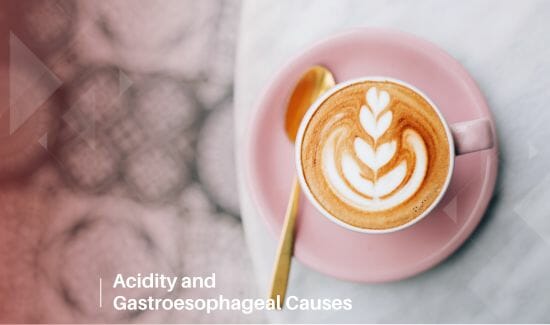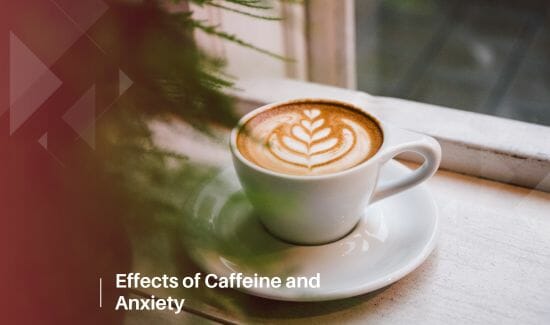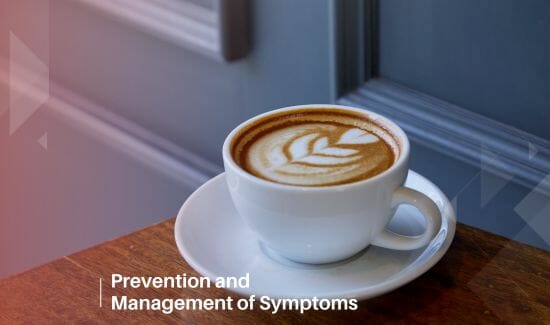
Chest discomfort or pain after consuming coffee is a common occurrence that can have many underlying causes. While it may cause alarm, this symptom is typically not dangerous and can often be managed with lifestyle changes. Let’s explore some of the main factors behind post-coffee chest sensations and how to find relief.

Acidity and Gastroesophageal Causes
One of the most prevalent reasons people experience chest discomfort after drinking coffee is due to the beverage’s acidic nature. Coffee’s acidity can irritate the esophageal lining and stomach, provoking heartburn-like symptoms. Heartburn causes a burning feeling or tightness in the chest when stomach acid flows back up into the esophagus. Coffee is also known to relax the lower esophageal sphincter, which allows for increased reflux.
A more severe form of reflux called gastroesophageal reflux disease (GERD) can also exacerbate chest pain and discomfort after drinking coffee. GERD causes frequent heartburn and regurgitation due to excessive relaxation of the esophageal sphincter muscle. Chemical compounds in coffee promote acid secretion in the stomach, which can further aggravate GERD symptoms. Limiting coffee intake, switching to low-acid varieties, or opting for decaf may help reduce chest discomfort related to acid reflux or GERD. Over-the-counter antacids can also neutralize acidity temporarily.

Effects of Caffeine and Anxiety
In some individuals, the caffeine content of coffee can elicit feelings of anxiety, jitteriness, rapid heartbeat, and even full-blown panic attacks. These sensations often manifest as tightness, pressure, or fluttering in the chest. Caffeine is a stimulant that activates the body’s “fight or flight” response, which can make muscles tense up involuntarily. Just one or two cups of coffee may incite an anxious response in those with caffeine sensitivity.
Coffee-induced anxiety that causes chest discomfort can often be managed by limiting caffeine intake or switching to decaf coffee varieties. If anxiety is a major concern, counseling, stress management techniques, and anti-anxiety medications may be warranted alongside dietary changes. Getting to the root of anxiety issues is key to preventing recurrent symptoms.
Other Potential Causes
While acid reflux and anxiety comprise the main reasons for chest discomfort from coffee, other less common causes include:
- Muscle tension and spasms in the chest wall due to caffeine. Heat, massage, and stretching can help relax muscles.
- Gastric ulcers produce a dull, aching chest pain when aggravated.
- Pleurisy is an inflammation of the lung lining, that can cause sharp chest pain.
- Vasospasms or sudden constriction of blood vessels due to caffeine, resulting in brief stabbing chest pain.
These mechanisms warrant evaluation by a doctor to determine appropriate treatment approaches alongside limiting coffee intake.

Prevention and Management of Symptoms
There are several methods to help prevent or minimize chest discomfort caused by drinking coffee:
- Limit coffee intake to 1-2 cups daily of moderate strength. More may trigger symptoms.
- Avoid drinking coffee on an empty stomach, which can worsen acid reflux.
- Choose low-acid coffee beans and brewing methods like cold brew. Dark roasts are less acidic.
- Add milk, cream, or other buffers to coffee to neutralize acidity.
- Manage chronic GERD through diet changes, stress reduction, weight loss, sleep adjustments, and medications if needed.
- Rule out any underlying cardiovascular conditions as the cause of discomfort.
- Take over-the-counter antacids like TUMS or H2 blockers as needed for relief.
- Apply heating pads to the chest to relax muscular discomfort if necessary.
Making dietary modifications, using antacids occasionally, and managing any GERD or anxiety issues can often resolve coffee-related chest sensations or significantly improve them.
Conclusion
For many coffee enthusiasts, occasional chest tightness or pain can be managed through measures like restricting intake, using antacids, and making suitable dietary modifications. However, chronic or worsening discomfort should be medically evaluated, especially if accompanied by other warning signs like shortness of breath or pain radiating to the arms and back. Your doctor can guide the next steps, which may include eliminating coffee, pursuing GERD treatment, or allaying anxiety issues. Stay attentive to your body’s signals and don’t hesitate to seek medical advice when needed.
FAQs:
Is chest pain after drinking coffee a sign of a heart attack?
Chest discomfort that arises after coffee is very rarely related to the heart. However, if you experience sudden, crushing chest pain that radiates to the jaw, arms, back, or neck, or is accompanied by shortness of breath, cold sweats, nausea, or lightheadedness, seek emergency care immediately. These can be signs of a heart attack.
Why does decaf coffee still cause chest discomfort for me?
Even without caffeine, coffee can still stimulate acid production in the stomach. Decaf varieties also still contain small amounts of caffeine. If you have GERD or sensitivity to acid, the acids and remaining caffeine in decaf could be provoking symptoms. Try an alkaline coffee alternative or herbal tea instead.
What is the best way to drink coffee if I have GERD?
Those with GERD should choose low-acid coffee beans, avoid light roasts, and cold brew if possible. Adding milk, cream or powdered buffers helps neutralize acidity. Caffeinated coffee should be limited to 1 cup daily with food. Avoid coffee for 2-3 hours before bed. Manage GERD with diet, sleep adjustments, stress reduction, and medication if needed.

As a dedicated blogger, I share insights, tips, and knowledge on all things caffeinated and beyond. I firmly believe that a well-brewed cup of coffee or a skillfully crafted cocktail has the power to unite people and ignite engaging conversations.


